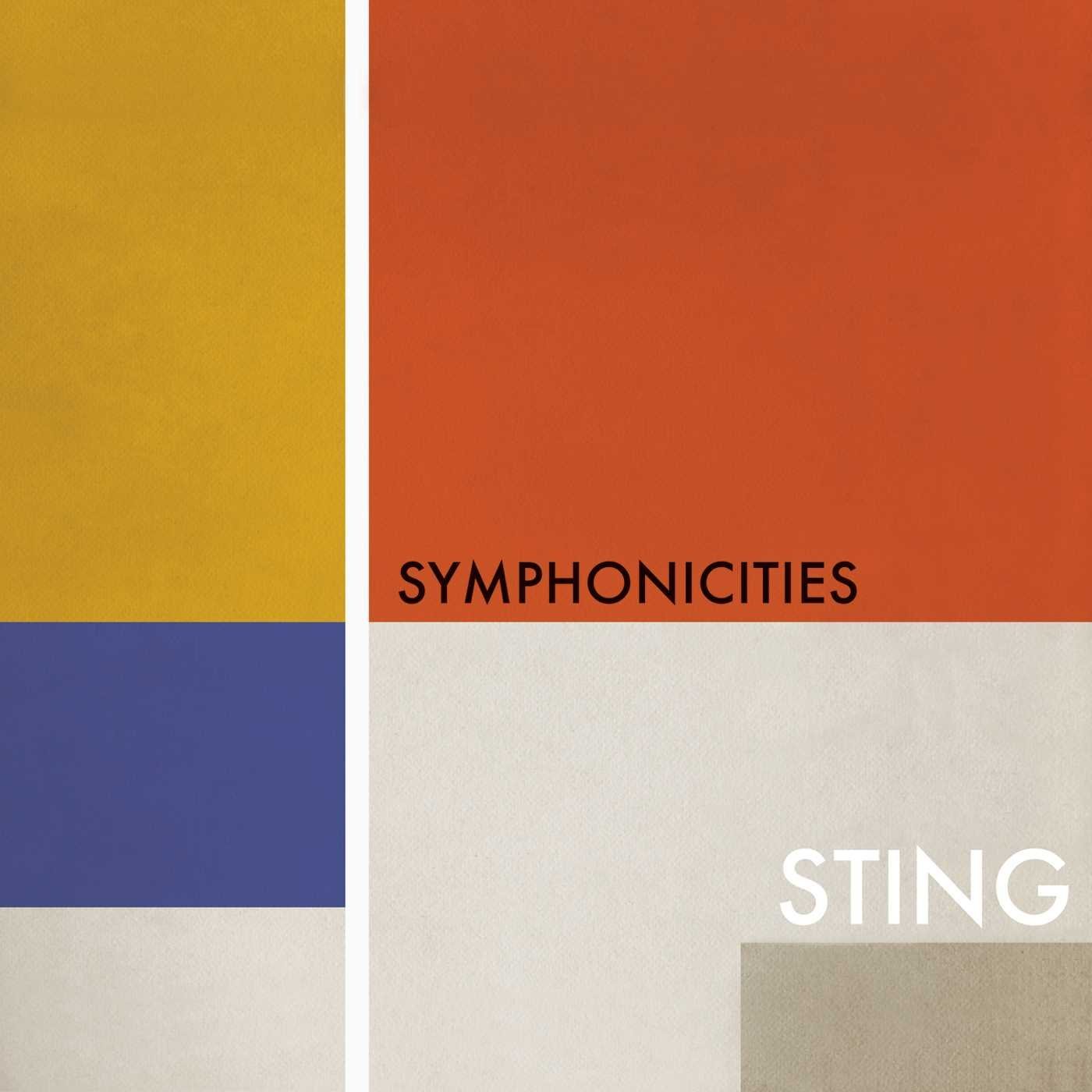Album Reviews
Album Review: Sting – Symphonicities

Although Symphonicities appears, on its surface, to be the sort of stunt a mid-career pop star would embrace as an excuse to tour, Sting has actually created a work that rewards examination.
Other giants in his field have tried—and failed—to meld pop structure with classical forms (a couple guys named Paul McCartney and Billy Joel spring to mind), but where McCartney and Joel tried to create something brand new, Sting wisely retrofits his greatest successes as orchestral works—of a sort.
On paper, Symphonicities would seem a straightforward “re-imagining” of classics like “Every Little Thing She Does is Magic” or “Roxanne” with an emphasis on soaring strings. Sting doesn’t seem interested in simply placing his canon in a new context without getting his hands a little messy. He’s fully present throughout the album, sounding reinvigorated by the fresh context for these songs.
Working with the Royal Philharmonic Concert Orchestra (conducted by Stephen Mercurio) and from arrangements by Mercurio, David Hartley and Rob Mathes, Sting reaches a satisfactory middle ground. The dozen tracks retain key elements of his most indelible works (“Englishman in New York” and “She’s Too Good for Me”) while pushing the source material in compelling new directions.
Often, the mood is more jazzy—befitting Sting’s roots in the polyglot-inspired Police and his later, pan-global solo output—than strictly starchy. The Royal Philharmonic Concert Orchestra sounds remarkably loose and lively throughout Symphonicities, lending cuts like “When We Dance” a mournful yet luminous sensuality.
In concert, Sting is known for drastically re-working the warhorses, almost to the point of impenetrability. His penchant for shaking up the standards is reined in here, although there are a few moments where his vocals threaten to skitter away from the orchestra.
What Symphonicities does best is allow listeners to appreciate Sting’s compositions anew. While certain tracks, like the Police singles or “Englishmen in New York,” are plenty familiar, Symphonicities also provides lesser-known offerings, such as “The End of the Game” and “We Work the Black Seam” a chance to shine, possibly even inviting a dive into Sting’s often-underrated back catalog.
The album pulls off an increasingly tricky accomplishment: burnishing an artist’s legacy without undermining previous works or seeming like a crass grab for dollars.
- Lists13 years ago
Top 10 Country Music Albums of 2010

 Interviews5 years ago
Interviews5 years agoJohn Rich – The Interview

 Song Reviews16 years ago
Song Reviews16 years agoTaylor Swift – “Love Story”

 Interviews5 years ago
Interviews5 years agoHoneyhoney on Hiatus: Revisit our 2008 Interview with Suzanne Santo

 Album Reviews14 years ago
Album Reviews14 years agoAlbum Review: Miley Cyrus – Can’t Be Tamed

 Song Reviews6 years ago
Song Reviews6 years agoThe Band Perry – “Hip To My Heart”

 Columns5 years ago
Columns5 years agoThe Link Between Folk Music’s Past and Present

 Columns5 years ago
Columns5 years agoIs Marketing Killing Rock and Roll?

